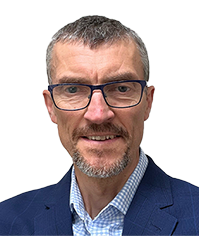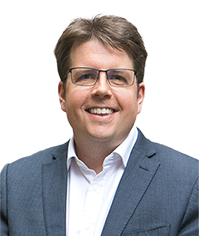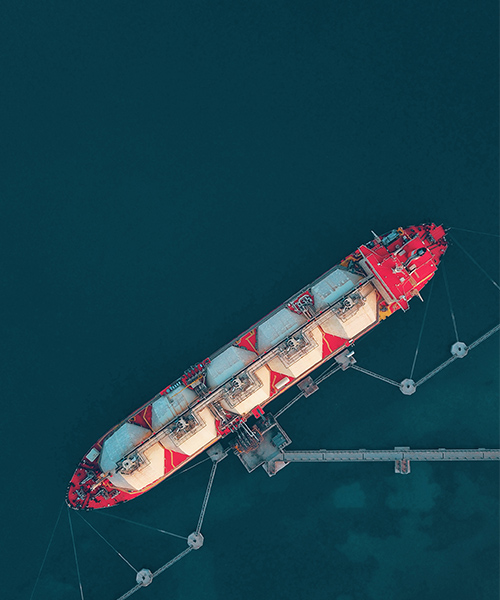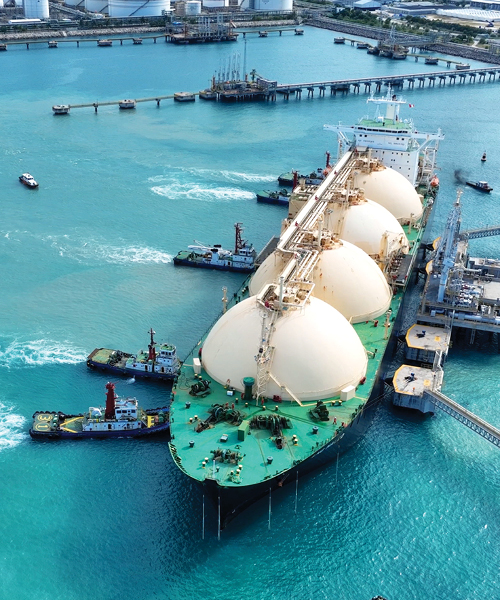Jim Lenton
Group Senior Vice President, Upstream, Midstream and LNG
“With almost 50,000 people across 45 countries, I’m proud of the work we’re delivering and the change we’re driving.”
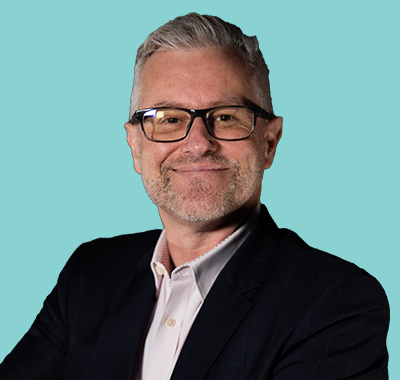
Jim’s career began in chemical engineering at a methanol plant in New Zealand in 1990. But it was a backpacking trip to the UK that led him to Aberdeen, where he moved into the oil and gas industry.
“My career in oil and gas started off as a Process Engineer,” he says. “I worked myself up to Chief Process Engineer before I moved into engineering management. There, I quickly realized that what I enjoyed most was bringing all the disciplines together to deliver projects.
“My next step was contract management – focusing on operations – before joining Worley as an Engineering Director for Europe and West Africa. Now, 12 years later, I guide, advise, and direct our global sales and operations across the upstream, midstream, and LNG sectors.
“When I think back, I value the experience gained from working at operational sites and understanding how facilities and equipment work,” he continues. “I was lucky enough to spend a fair bit of time offshore as part of this. For example, knowing just how big an actuated 6” valve is. This is essential to what we do. And now, later in my career, I enjoy sharing my knowledge and skills with our developing professionals – it’s the best part of my job.
“My advice to anyone starting in this industry is to seize opportunities when they come, because you never know where they might lead.”
Balancing immediate energy needs with long term sustainability goals
With over three decades of experience in the energy industry, Jim shares his view on the role of oil and gas in the energy transition.
“The level of investment needed for the energy transition will take many years – and trillions of dollars – which is longer than most expect. And that’s why we’ll continue to see new oil and gas projects for the foreseeable future.
“Much of the world still faces energy poverty, and oil and gas still play an important role in providing that energy,” he continues. “It will also take time to build the resources needed for lower carbon energy systems and to transition energy grids in those regions.”
“In the meantime, gas is a transition fuel to help us meet current and future global energy demand with lower carbon intensity than oil or coal. It’s helping to keep the lights on while lower carbon energy alternatives like hydrogen and renewables reach scale.”
Considering the future of natural gas
Even as global demand increases, Jim acknowledges the obstacles facing the gas industry.
“One of the biggest challenges is that gas isn’t available everywhere,” he says. “For example, Europe has a huge need for gas but relatively little of it. The Middle East has a growing gas market, but it needs to balance highly seasonal demands for its own energy needs. Much of the Far East is gas poor, too.
“While demand for gas is growing, project economics can still be difficult as our customers seek to secure financing and long term offtakers for their products. Also, the last couple of European winters have been fairly mild, so summer gas storage has coped quite well.
“There are also rightfully increasing pressures to deliver projects with lower carbon intensity. It’s only a matter of time before cargos will need to be certified for their carbon footprint,” he adds.
“These economic challenges, coupled with decarbonization pressures, can strain the viability of these projects and cause delays. However, we’re well positioned to support our customers across all stages, particularly in consulting, front-end work and decarbonization.”
Jim also finds satisfaction in reducing the environmental impacts of natural gas infrastructure.
“For example, in Qatar and the US Gulf Coast, we’re helping our customers electrify and decarbonize their assets. And it’s these projects that make me proud of how we’re contributing to reducing unnecessary industry emissions, while enabling the energy transition, and bringing more energy to the world.
“I’m excited by our upstream, midstream and LNG industries right now. We’re balancing the energy needs of today, with the necessity of a lower carbon future. And if we can in some way help this, while developing the industry professionals of the future, I’ll be very proud.”

